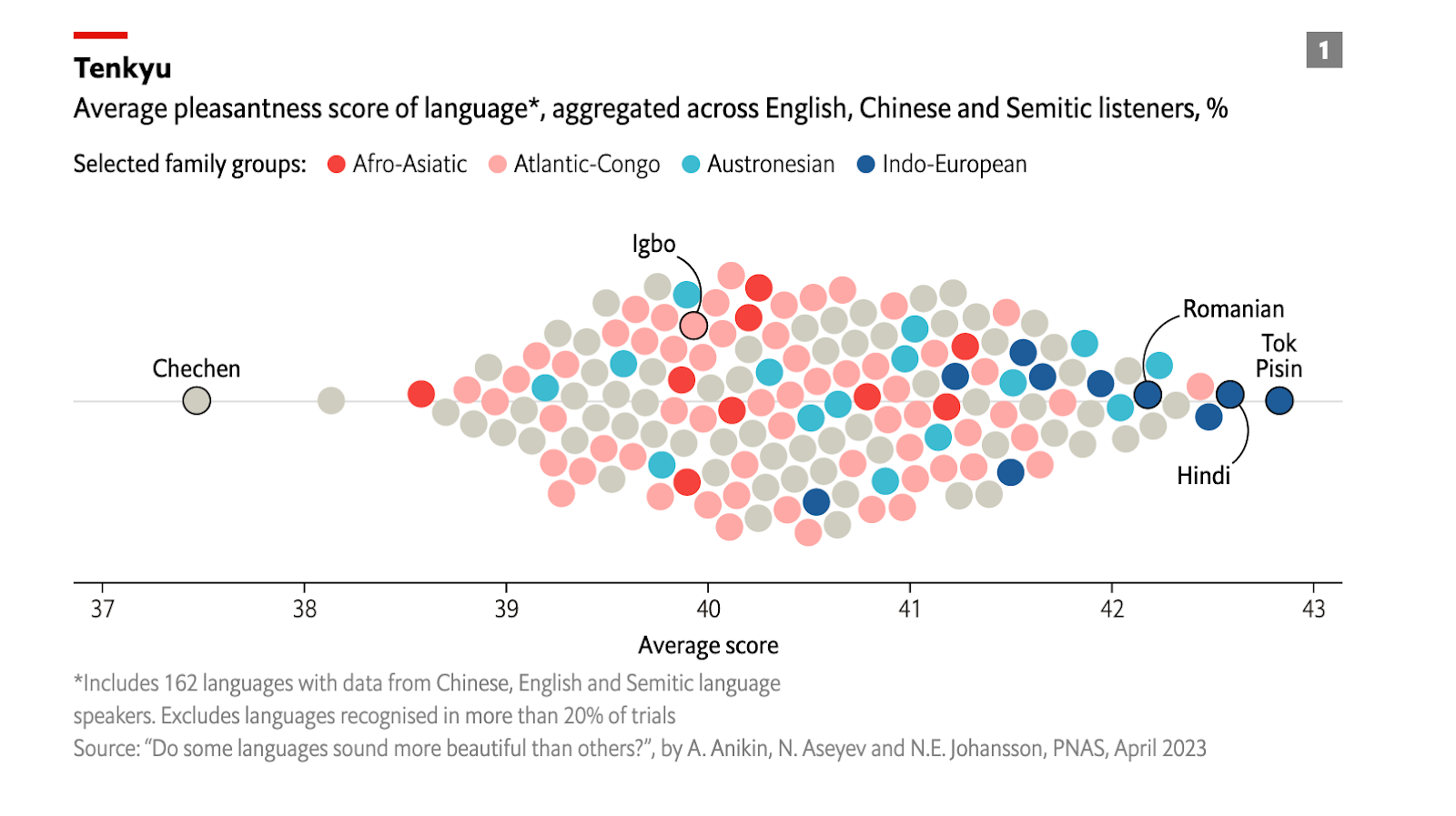Issue 166: The Key to Lasting Fitness
Welcome to Backstory, a weekly newsletter turning global technology shifts into a three-minute read. This week, we’re thinking about health and fitness. – Mary Ames, Director of Strategy
THE BIG TAKE
The Key to Lasting Fitness
January is traditionally one of the best for health clubs worldwide. Following the bustling holiday season, many people feel a surge of motivation for fitness and health. The result is a spike in new gym memberships, but by March and April, attendance starts to wane. The motivation loses its kick. Getting healthy is much easier than staying healthy. Fortunately, our advanced gadgets are here to assist, offering motivation, keeping us engaged, and aiding in developing essential health habits. Novel workouts can also inspire in quirky ways.
Taylor Swift to the rescue. The pop singer might not be the first person you think of regarding fitness motivation, but she recently released her training workouts, and they have taken the world by storm. Swift began training for her recent world tour six months before the first show on the treadmill. “Every day I would run on the treadmill,” Swift said, “singing the entire set list out loud. Fast for fast songs, and a jog or a fast walk for slow songs.” One ultramarathon runner interviewed by Outside magazine said that the workout was a “behemoth.” The key wasn’t that the workout was hard; it was that it was fun. Changing up the effort helps a person stay engaged, and focusing on the lyrics takes the mind off the difficulty of the effort.
All about habits. Although replicating Taylor Swift's remarkable workout regimen isn't accessible for everyone, there's a valuable takeaway from her approach. The secret to creating lasting fitness habits is making the process enjoyable and engaging. This principle holds true for various aspects of life, whether it's fostering a reading habit, taking regular breaks from electronic devices, or cultivating healthy sleep patterns. Establishing solid habits is crucial for sustained success. As we transition into 2024, let's pause to appreciate our motivation for health and concentrate on nurturing the habits that will keep us fit and healthy throughout the year.
QUOTE OF THE WEEK
“Mistakes are the portals of discovery.”
– James Joyce
CHART OF THE WEEK
This week, we are thinking about language. What is the world’s loveliest language? The Economist tried to find an answer.
OUR VIEWS THIS WEEK
Digital well-being: It's time to get serious about well-being. Let’s face it: the world is still a wild place. The pandemic remains an ever-present threat. The global economy is up and down. Complicating matters is that we have never been more addicted to scrolling on our phones. Getting off one’s phone is much easier said than done, but even thirty minutes daily can make a big difference in one’s mental health. This is especially true if that screen time break happens before bed. We explore more tips and tricks in this piece published by Xische about digital health.
How to fix bias in AI: The problem with bias in AI and advanced algorithms is not technical; it’s human. Those gifted programmers and coders who create the algorithms that guide our lives are the root (and solution) of the bias problem. This week, we considered ways to address the challenge of bias. Small states with large technology sectors, such as the UAE, have an advantage in addressing these challenges. Read our piece to find out why.
SPOTTED ELSEWHERE
Restoring trust. Online trust is going to be a major issue in 2024. Due to the proliferation of unchecked disinformation, the rise of AI-generated content, and social platforms increasingly restricting data access, online trust is anticipated to plummet to unprecedented levels. With elections coming in the United States, India, Mexico, Indonesia, the United Kingdom, and the European Union in 2024, the issue of online trust will reach a fever pitch in the coming months. Wired explores the issue in more detail and outlines the trends we must keep on our radar.
Technology and the next generation. Technology's role in young people's lives can’t be overstated. Put simply, our children have a fundamentally new and deep relationship with technology that is unlike anything any other generation has experienced. This holds promise for technological innovation, but several potential downsides are explained in this piece from the New York Times. It’s vital to consider how technology impacts young people and ensure it’s not negatively hindering development.













